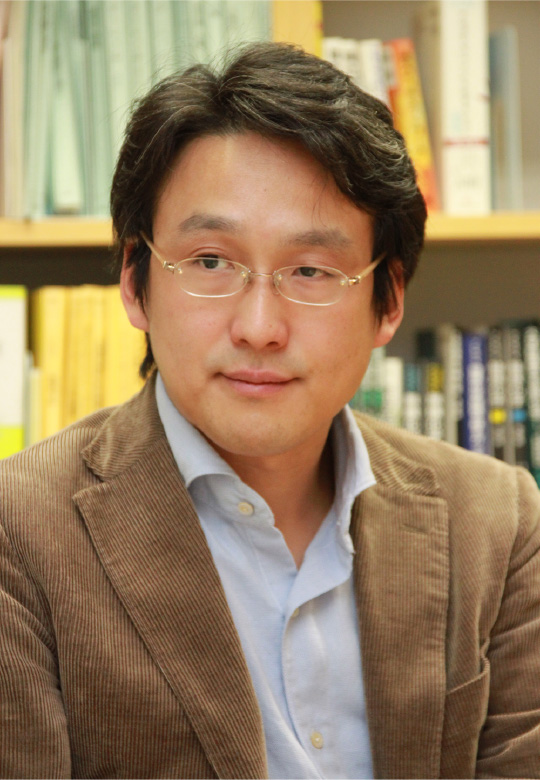Message

Hiroki R. Ueda, MD, PhD
Dear readers,
In the early 21st century, the environment surrounding the life sciences has changed dramatically, as represented by the decoding of genomes, the development of systems biology, and the rise of synthetic biology. Now, the life sciences surrounding humans are about to undergo a major change.
In recent years, it has become possible to capture human activities quantitatively, and human systems biology, which attempts to understand the principles behind human daily measurement data, has become a reality. For example, it is now possible to accurately measure human movement with accelerometers, analyze human sleep/wake patterns with high accuracy, and cluster them by phenotype. Now, it is becoming possible to analyze personal genomes easily and inexpensively. In addition, a method to produce many genetically modified mice without crossing has been established (next-generation genetics). As a result, it is now possible to verify the correlation between phenotypes and gene polymorphisms revealed by human phenotypic analysis and personal genome data using genetically modified mice, making it practical to discover causal relationships with high efficiency. In addition, it has become practical to genetically or chemically perturb (artificially disturb or change) important molecules to change the biological system to a desired state. Furthermore, advanced technological innovations from Japan are being developed as key technologies to tackle the remaining important issues in life science. For example, whole-organ profiling of cells and circuits in mammals, and the comprehensive analysis of all antigens recognized by antibodies in serum and life history analysis.
Through the ERATO-Ueda biological timing project, we hope to understand the behavior of the most important model organism, the human, at the individual level, and to understand "biological timing" information from the molecular level to the individual level of humans living in society. Using sleep-wake rhythms as a model system, we will examine the causal relationship between genes and phenotypes using human sleep measurement methods and next-generation mouse genetics. We also aim to understand and control sleep-wake rhythms at the molecular level, focusing on the regulation of protein phosphorylation. Through this project, we also hope to define what "healthy" sleep is, explore the causes of psychiatric and neurodegenerative diseases that are still difficult to treat.
We hope to contribute to the realization of such a systems-based medicine. However, a single researcher or a single laboratory is far from realizing true systems-based medicine. We sincerely ask for your cooperation and support.
Members
Head Quarters
- Project Leader
-
Hiroki R. Ueda, MD, PhD Graduate School of Medicine, Deartment of Systems Pharmacology, The University of Tokyo, Professor
Laboratory for Synthetic Biology, RIKEN, BDR, Team Leader - Project Coordinator
-
Koji L. Ode, PhD Graduate School of Medicine, Deartment of Systems Pharmacology, The University of Tokyo, Lecturerer
- Research Manager
-
Yoichi Minami, PhD Graduate School of Medicine, Deartment of Systems Pharmacology, The University of Tokyo, Project Associate Professor
- Administrative Staff
-
Chinae kurimoto Graduate School of Medicine, Deartment of Systems Pharmacology, The University of Tokyo, AssistantMiwa Elharar Laboratory for Synthetic Biology, RIKEN, BDR, AssistantWakako Honjo Laboratory for Synthetic Biology, RIKEN, BDR, Assistant
Human Sleep Group
- Group Leader
-
Yoichi Minami, PhD (Concurrent post) Graduate School of Medicine, Deartment of Systems Pharmacology, The University of Tokyo, Project Associate Professor
- Researcher
-
Katsuhiko Matsumoto, PhD Laboratory for Synthetic Biology, RIKEN, BDR, Senior ScientistShoi Shi, PhD Graduate School of Medicine, Deartment of Systems Pharmacology, The University of Tokyo, Visiting Researcher
- Technician
-
Shoko Harada, PhD Laboratory for Synthetic Biology, RIKEN, BDR, Technical StaffRyohei Narumi, PhD Laboratory for Synthetic Biology, RIKEN, BDR, Technical Staff
- Students
-
Four members (UT)
Animal Analysis Group
- Group Leadert
-
Rikuhiro G. Yamada, PhD Laboratory for Synthetic Biology, RIKEN, BDR, Senior Scientist
- Researcher
-
Daisuke Tone, PhD Graduate School of Medicine, Deartment of Systems Pharmacology, The University of Tokyo, Assistant Professor
- Technician
-
Junko Garçon Laboratory for Synthetic Biology, RIKEN, BDR, Technical StaffHiroshi Fujishima, PhD Laboratory for Synthetic Biology, RIKEN, BDR, Technical StaffYuichi Urairi Laboratory for Synthetic Biology, RIKEN, BDREriko Matsushita Laboratory for Synthetic Biology, RIKEN, BDR
- Research Assistant
-
Four members
- Students
-
Nine members (RIKEN) and five members (UT)
Molecular Control Group
- Group Leader
-
Koji L Ode, PhD (Concurrent post) Graduate School of Medicine, Deartment of Systems Pharmacology, The University of Tokyo, Lecturerer
- Researcher
-
Saori Yada, PhD Graduate School of Medicine, Deartment of Systems Pharmacology, Researcher
- Technician
-
Shiho Sato Graduate School of Medicine, Department o Systems Pharmacology, Technical Assistant
- Students
-
Nine members (UT)




